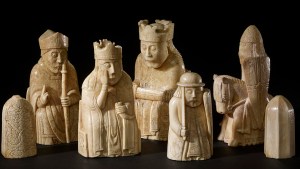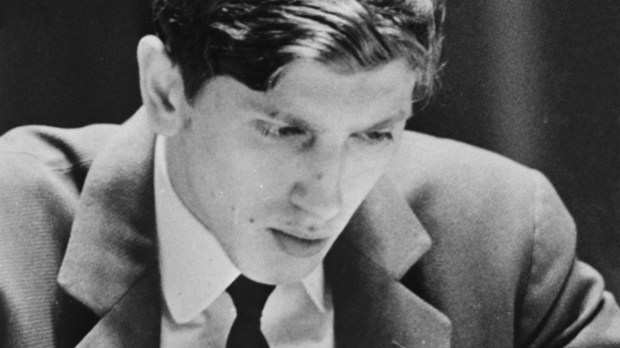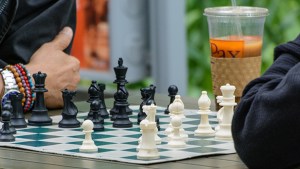It was the summer of 1972 in Reykjavík. Bobby Fischer faced off against Boris Spassky: the bald eagle against the hammer and sickle. This famous match saw the United States take on the Soviet Union on a chessboard.
Fischer was the youngest winner of the U.S. Chess Championship, the youngest international grandmaster, and, in 1972, the first American to win the World Championship: his talent was undeniable. Films, documentaries and articles have told the story of this champion. Although his various exploits and his change of nationality are often described, his spiritual journey remains widely unknown.
Child prodigy and a loner
Robert John Fischer was born in Chicago into a single-parent household. His mother, Regina Wender, of Swiss origin, was of Jewish descent; however, faith had no real place in the family.
When Bobby was 6 years old, Joan, his older sister, gave him a chessboard. Two years later, he was enrolled in a Brooklyn chess club. He read, played, and took refuge in the game, far from a monotonous daily life marked by the absence of his mother. At the age of 12, no one in his state was able to beat the prodigy. He continued his meteoric rise until the “Game of the Century” in July 1972.
At nearly 30 years of age, Fischer was at the height of his fame. Yet, he chose to get away from the spotlight to take care of his soul. He joined a sect that purported to be Christian, the Worldwide Church of God (which has since reinvented itself and changed its name). There he studied biblical texts and was obliged to make financial contributions like any member.
In 1977, he left the group abruptly, no longer believing in the millenarian prophecies of the founder, some of which had already failed to come true. A long period of wandering followed. Eventually he lost his mother and then his sister.
Although he won his last major chess match in 1992, he did not return to the fame and prominence he had before. His actions surrounding the game put him in conflict with the US government, and his repeated antisemitic comments and controversial political opinions didn’t help his position. Indeed, his troubled behavior has marked his legacy, and the debate about his psychological health will likely never be resolved.
In search of meaning
When he went into exile in Iceland in 2005, he was a shadow of his former self. After declaring himself an atheist, Bobby turned to the works of Indian guru Rajneesh, and then to the teachings of the Catholic Church.
It was in the small Nordic country that his quest finally seemed to end. A friend, Gardar Sverrisson, a Catholic, helped to answer the chess genius’ questions about faith.
According to the chess player’s biographer, Bobby Fischer bought Gardar a catechism as material for their conversations. Knowing he was ill, the former star entrusted his last wishes to his good friend. Among them, he asked to be buried with a Catholic funeral.
Was this a sign of a deathbed conversion? One thing is sure: on January 21, 2008, Fr. Father Jakob Rolland — from the diocese of Reykjavik — celebrated a Mass for the last farewell of the Mozart of chess.



